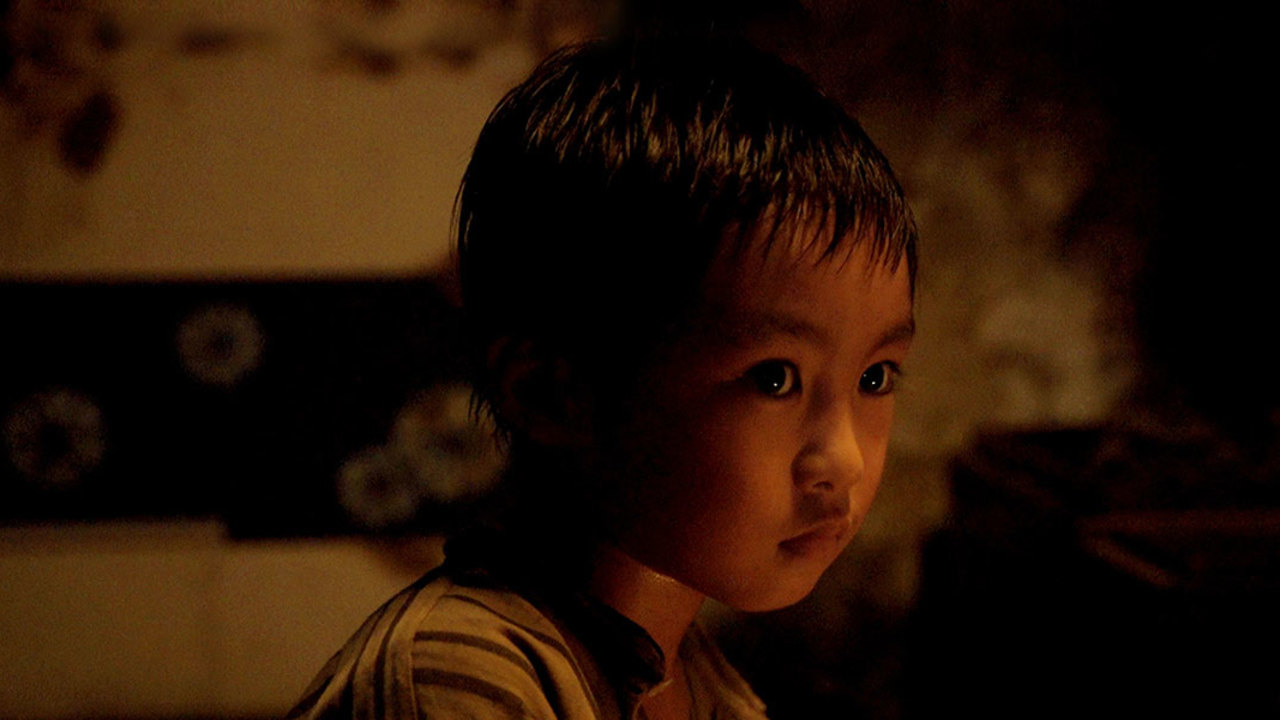Shinya Tsukamoto’s latest examines the desperate lives of Japanese citizens in the immediate post–World War II period through the story of a child dealing with unimaginable adversity.

Part of his war trilogy, which includes Fires On the Plain (TIFF ’14) and Killing (TIFF ’18), Shinya Tsukamoto’s latest examines the lives of Japanese citizens in the immediate post–World War II period. Part chamber drama, part road movie, Shadow of Fire finds its throughline in the story of a small boy coming of age amid unimaginable hardship.
In a derelict ramen house, a woman earns money by offering the only collateral she has left: her body. A young soldier comes seeking her services, though his need for comfort outweighs his lust. He tries to forge a relationship with both the woman and the little boy who visits her nightly, all of them bereft of family due to the firebombing that laid waste to their city. When the soldier suddenly lashes out, this ersatz family is reduced to two, until the woman’s inability to process her own trauma forces the boy to leave.
The boy joins a man on a journey. Cheerful by day, the man whimpers in his sleep, reliving the horrors of his past in nightmares. He has a scheme to exact retribution on the person who caused these horrors — and plans to implicate his innocent companion.
Reminiscent of the best films of Kaneto Shindô, Shadow of Fire pierces the fragile psyches of ordinary people reeling from their proximity to extraordinary violence. Tsukamoto’s synthesis of form and theme is ingenious, and the extra moments his camera spends locking gazes with his characters speak volumes about their suffering.
GIOVANNA FULVI
Official Selection, 2023 Toronto International Film Festival
Content advisory: accident trauma, violence, mature themes, simulated sexual content